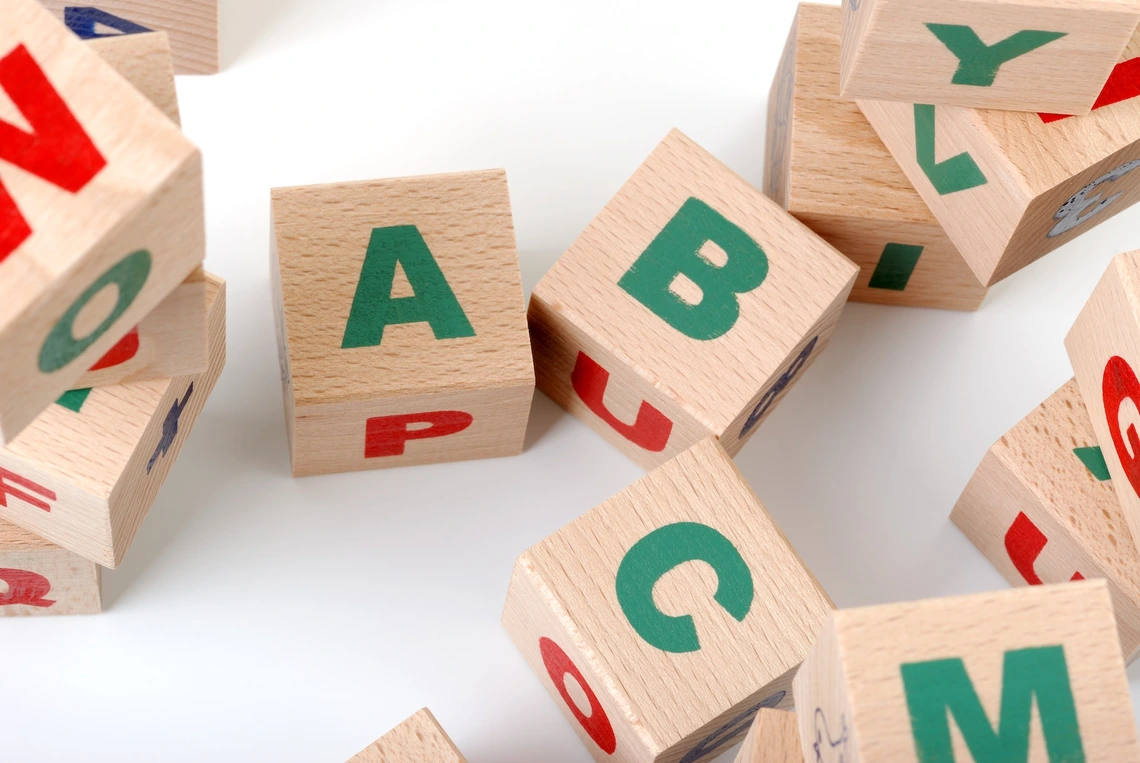Extension program helps Apache children gain reading skills and cultural awareness
Gowa: Teachable Moments for Apache Children connects young children and their parents with words all around them, including in Apache.

Adobe Stock
Getting kids interested in reading can be tough under the best of circumstances.
Distractions are everywhere. Netflix, YouTube and TikTok – screens generally – are a powerful draw away from the written word, even at very young ages. In small, rural communities where education resources are often scarce, the job can be even harder.
But on San Carlos Apache tribal lands, the University of Arizona Cooperative Extension has partnered with tribal officials and schools, a library, and the State of Arizona to help parents and other caregivers teach language skills to young children.

“We give them ideas for how to promote early literacy as part of what they're doing in everyday life. We try to build on what they're already doing and help them see that you don't have to buy a bunch of books or other materials to help your children get ready to read. You can do it with the words that you see around you as you go about your everyday life,” said Katherine Speirs, an Extension specialist and associate professor in the U of A Norton School of Human Ecology.
Speirs is the director of Gowa: Teachable Moments for Apache Children, a program offered under Extension’s Family, Consumer and Health Sciences and Federally Recognized Tribes Extension Program umbrellas and funded by the state’s First Things First early childhood initiative and previously by the U.S. Department of Agriculture.
Gowa is Apache for “home.” The free classes and workshops are primarily for parents, grandparents or anyone caring for children under age 6. Gowa promotes five activities – talking, reading, writing, singing and playing – that parents or others can use at home to teach literacy. The program also provides books and other materials, Speirs said.
The program has two basic parts: drop-in sessions and a six-session series. Each session helps caregivers think about how to use the five practices listed above, and gives them a chance to practice playful, fun literacy activities. One goal of the drop-in sessions – where hands-on activities include a letter scavenger hunt - is to help parents feel comfortable exploring language with their children.
Gowa growing from tribal roots
Extension Instructional Specialist Melody Grace Thomas, a member of the San Carlos Apache Tribe who grew up on the reservation, leads some of the sessions. She works closely with Apache Language Preservation to incorporate books that feature tribal scenes and people and are sometimes written in Apache, she said.
“I try to use more indigenous books, because growing up, I never saw anybody in books that looked like me. I try to find indigenous authors, too, so kids can get more encouraged to open up a book,” Thomas said.
Incorporating Apache language and culture into teaching materials is one way Extension has helped the tribe make the program their own – and a key to its success, said Juan Arias, a FRTEP agent who is a co-director.
“We've been constantly connecting with Apache Language Preservation from the very beginning in establishing this program,” Arias said.
The structure of First Things First also strengthens tribal roots and connections. Program areas are chosen and funding decisions made by regional partnership councils comprised of key stakeholders. The San Carlos Apache Tribe has a dedicated regional council drawn from community leaders. Extension’s relationships, forged by more than a decade of Extension programming provided by staff who live there, has led to trust and collaboration with those leaders.
“They gave us feedback. They told us what might work and connected with us. Throughout the last two years, three years, four years, we've been adapting and connecting with the community, asking questions,” Arias said.
Extension is collecting feedback from more than 350 families who have attended Gowa sessions. That data will allow the curriculum to evolve and expand to other communities, including other Native American tribes, he said.
Meeting community needs
Gowa gets families with young children out of the house, said Ashley Dixon-Kleiber, a Gila County Extension area associate agent, also a program co-director.
“We're seeing more and more families coming out with younger kids, and I think that alone is a win, because we know feeling socially isolated is not good, especially when you have young kids,” Dixon-Kleiber said.
The program emerged in part because of low reading scores on the reservation – a common issue in all parts of rural Arizona. A key goal is preparing children for school, so teachers don’t have to get kids up to speed in kindergarten, she said.
Caregivers and parents who attended Gowa sessions say they read, sing, play and talk more with their children. They also say they’re more likely to point out letters in their environment and explain new words, and most also reported improved emotional connections, according to a 2023 evaluation of the program.
To learn more about Gowa: Teachable Moments for Apache Children, see the program website here. Other staff members include instructional specialists Ada-Mae Nandino and Robin Link.

